By Yasmi Adriansyah PhD, scholar of International Relations, University of Al Azhar Indonesia, Jakarta
Je ne sui pas Macron. I am not Macron. Perhaps this is the sentence that has been expected by the Muslim world nowadays to come up from the people of France. What the French President Emmanuel Macron has stated several times in recent weeks have been considered insulting Islam and the Muslims. The result is that the Muslim world is now boycotting French products, which sooner or later will affect the economy of France.
The Muslims in general are indeed against the brutal murder of Samuel Paty by Abdoullakh Anzorov on 16 October 2020, a Chechen descent who had lived in France as a refugee for many years. He happened to be a Muslim and claimed that his act was in the name of Islam. Fortunately, the general Muslim societies in France have declared that the act was unacceptable, stating that his action was fully not Islamic.
Likewise, the Organization of Islamic Cooperation (OIC) have shown their condolences to Paty’s family. The same condolences went to victims of the terrorist attack in Nice at the end of the month.
Also Read: Sheikh Muhammad Amin al-Husseini: The Palestinian Mufti in Indonesia’s Independence History
Nonetheless, putting the blame of this criminal act on Islam and the Muslims raises a serious concern for the Muslim world. Unfortunately, this is what has been displayed by Macron. The immediate arrests and deportation of hundreds of Muslims who are not necessarily related to the murder, the closure of a masjid who once broadcast a video against Paty’s teaching that showed the Prophet Muhammad’s cartoon, and the shutting-down of two NGOs (CCIF-Collective against Islamophobia in France and Baraka City) are difficult to understand. Instead of localizing the issue to the murder case, Macron is seen as attacking the Muslims in general.
To make the situation worse, the Muslims then correlates the policies of Macron after the murder to his remarks toward Islam in early October 2020. Macron’s statements that described Islam as “a religion that is today in crisis all over the world” and conflated Islam with terrorism have sparked huge criticisms or condemnation from the Muslim world. Even the soft-tone institution such as Al Azhar University in Cairo has voiced strong words against his statements.
It is therefore understandable if Muslim-majority countries such as Turkey, Pakistan, and others in the Middle East, Africa, South and Southeast Asia have called for boycotting French products. The Muslims in those countries have shown fuming expressions and staged street demonstrations toward Macron. Yet, they know that the results will not be impactful as they cannot interfere with the French policy making. Later when there was a call to boycott the products, initiated by Turkish President Recep Tayyib Erdogan, this is what they think the most appropriate response toward Macron.
There are at least three main issues that Macron has misled and therefore sparked condemnation throughout the Islamic world: first, his statement that Islam all over the world is experiencing a crisis; second, his plan to introduce a law on ‘Islamic separatism’; and third, his determination to allow the cartoon display of Prophet Muhammad in the name of freedom of expression.
Also Read: Celebrating 200th Java War: Novelty Spirit of 2013 Memory of The World
For the issue of cartoon depicting Prophet Muhammad, for many years the Islamic world has been against of it. Moreover, in the case of Samuel Paty, media reports show that the teacher displayed the holy prophet in naked caricature. Even worse, the genitals parts were also exposed. This is totally blasphemous for Islam. In other words, defending the publication of such cartoons in the name of freedom of expression would only outrage the Muslim world.
One may ask, how can France soften the worldwide condemnation against the country? The answer is simple: Macron must apologize. He must apologize and later localize the issue on the murder. The case should be treated justly as the teacher himself might have triggered the outrage due to his irresponsible teaching.
If Macron does not apologize, then the boycotting of French products most probably will continue. At a glance, the boycotting may not affect the French economy immediately as its exports to Islamic countries such as Turkey, Saudi Arabia, Qatar and others only account for 7.23 percent (2018). Yet, as the world economy is collapsing due to Covid-19 pandemic, any policy mistakes could only worsen one country’s economy.
Another way that can calm down the Muslim world is if the majority of French people take a firm stance against Macron. Thus, besides stating “Je sui Prof” (I am a teacher), French people can also state “Je ne sui pas Macron” (I am not Macron).
Also Read: History, Islam, and the Culture of the Kazakhstan: Abai as a National Inspiration
Because the contemporary problem between France and the Muslim world is not necessarily due to the values that the country has. It is mainly triggered by the statements of Macron that often hurt the Muslims.
Lastly, if the French people keep supporting Macron, what we will observe in the future is a continued civilizational conflict between France and the Islamic world. Definitely this is not what any civilized world wishes for.(AK/R1/RE1)
Mi’raj News Agency (MINA)
Also Read: Boycotting Israeli-Affiliated Products: A Moral Stance and a Form of Supporting Justice





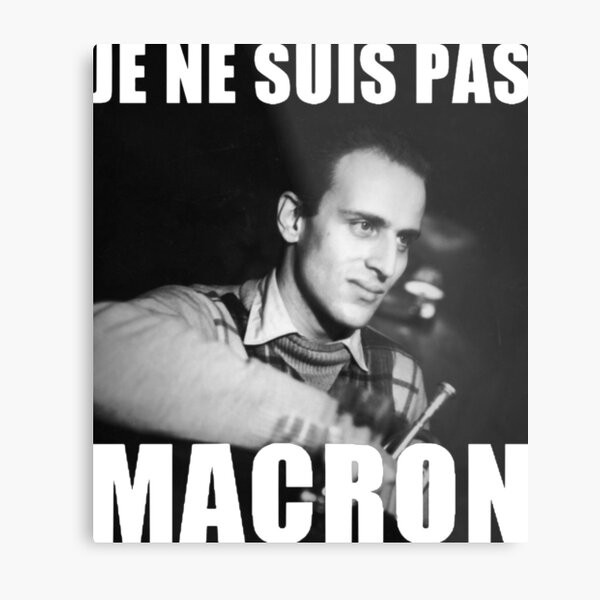



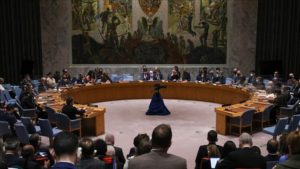
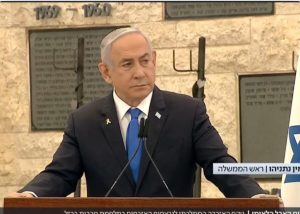







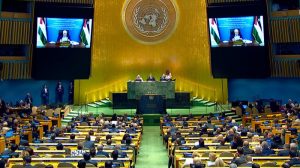
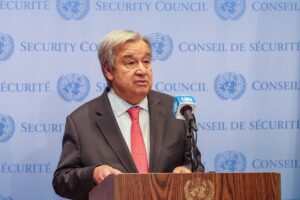














 Mina Indonesia
Mina Indonesia Mina Arabic
Mina Arabic